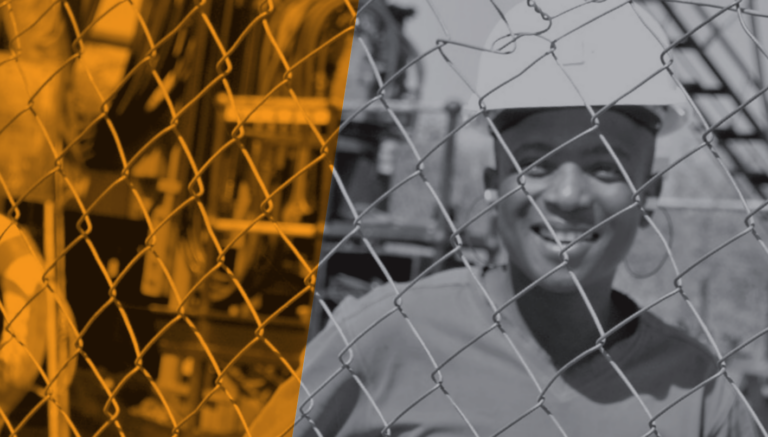
New website supports victims of human rights violations by companies
Imagine you work for a civil society organisation dedicated to improving human rights. Through local contacts you hear that workers in a garment factory are paid poverty wages and work in appalling conditions. What do you do? Enforcing better working conditions through the courts is a long and expensive option. Non-judicial grievance mechanisms may help.
They can provide an alternative way of responding to the violation of human, labour and environmental rights by companies and obtaining remedy for victims. However, there is still much uncertainty about the effectiveness of these grievance mechanisms and how they work.
New website to help out
Starting today, a new website(opens in new window) on non-judicial grievance mechanisms is available to help out. On this website, the Centre for Research on Multinational Corporations (SOMO) provides information on various non-judicial grievance mechanisms and instruments that can be used to file complaints.
“The website provides information on the issues that complainants should consider, the action they should take and the information they need to provide before a complaint can be filed with a non-judicial grievance mechanism,” says project secretary Desiree Koppes.
Film and leaflets
On the website, a film gives a brief explanation of how grievance mechanisms work. Additionally, leaflets are available to give individuals, workers, communities and civil society organizations specific information and tips, as well as a step-by-step guide for filing a complaint. These leaflets have been produced by SOMO in co-operation with the American organisation Accountability Counsel, setting out the grievance mechanism procedures for different development banks.
Human Rights and Grievance Mechanisms programme
The website is part of a four-year SOMO programme on Human Rights and Grievance Mechanisms, financed by the Human Rights Fund of the Dutch Ministry of Foreign Affairs. According to project leader Joris Oldenziel, the program fits in with Minister Ploumen’s policy of supporting the watchdog function of NGOs:
“The program has an important role in identifying and addressing the negative impact of (Dutch) companies in developing countries.”
The program aims to improve the accessibility and effectiveness of non-judicial grievance mechanisms. It also provides advice and support to organisations in the Global South that want to use these grievance mechanisms.
“By helping them to file a complaint, SOMO tries to improve access to justice in the field of human and labour rights and the environment,” says Koppes.
Related content
-
-
 New brochure and training support human rights defenders to file complaints against multinationalsPosted in category:NewsPublished on:
New brochure and training support human rights defenders to file complaints against multinationalsPosted in category:NewsPublished on: -
Human Rights and Grievance Mechanisms Published on:J. OldenzielPosted in category:PublicationJ. Oldenziel
-
Using Grievance Mechanisms Published on:
 Esther de HaanPosted in category:Publication
Esther de HaanPosted in category:Publication Esther de Haan
Esther de Haan

